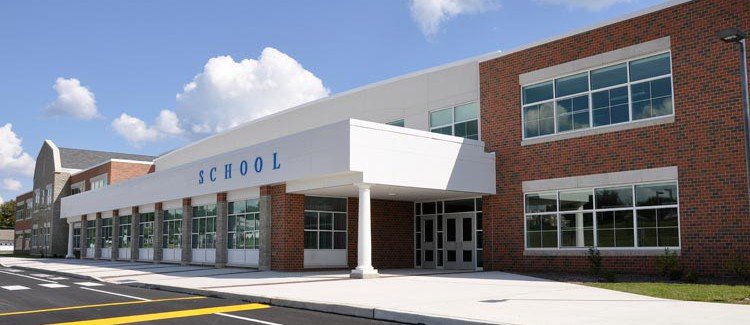Be sure to visit all the schools on your list, if you can. A visit is the best way to determine whether a school is right for your child. Even a short visit will help you identify a school’s strengths and challenges. It’s also the only way to get a feel for a school’s climate — intangible but important factors like the dynamism of the teaching, engagement of the students, quality of communication and respect between students, teachers, administrators, and parents, and the overall sense that the school offers a safe and inspiring learning environment.
School visit checklists
Use this printable guide to help you plan your elementary, middle, or high school visit.
Before your visit
- Do your homework. Read about the schools you’ll be visiting. Examine their school profiles on GreatSchools.org. Talk to other parents and check your local newspaper for articles about the schools.
- Contact the school. Most schools conduct regular school tours and open houses during the enrollment season — typically in the fall. Call the school or go online to schedule a visit.
- Ask and observe. Jot down your questions before your visit (the sample questions below will help you create your list).
Key questions to ask
- Does this school have a particular educational philosophy or mission?
- Is the school implementing the Common Core State Standards, and if so, what is the procedure and timeline for teacher training and implementation?
- What is the average class size?
- What is this school’s approach to student discipline and safety?
- How much homework do students have? What is the school’s philosophy/approach to homework?
- What kind of library resources are available to students?
- How is technology used to support teaching and learning at this school?
- How do the arts fit into the curriculum? Is there a school choir, band or orchestra? A drama program? Art classes?
- What extracurricular opportunities (sports, clubs, community service, competitions) are available for students?
- How do students get to school? Is free school busing available?
- Is bullying a problem at the school? Does the school have an anti-bullying policy?
- Does the school have a program for gifted students?
- How does this school support students who have academic, social or emotional difficulties?
- What strategies are used to teach students who are not fluent in English?
- What professional development opportunities do teachers have? In what ways do teachers collaborate?
- Does the school offer Physical Education (PE) classes?
- What are some of the school’s greatest accomplishments? What are some of the biggest challenges this school faces?
Features to look for
- Do classrooms look cheerful? Is student work displayed, and does it seem appropriate for the grade level?
- Do teachers seem enthusiastic and knowledgeable, asking questions that stimulate students and keep them engaged?
- Does the principal seem confident and interested in interacting with students, teachers and parents?
- How do students behave as they move from class to class or play outside?
- Is there an active Parent Teacher Association (PTA)? What other types of parent involvement take place at this school?
- How well are the facilities maintained? Are bathrooms clean and well supplied, and do the grounds look safe and inviting?
Especially for elementary schools
- What are some highlights of this school’s curriculum in reading, math, science and social studies?
- What criteria are used to determine student placement in classes?
- How does this school keep parents informed of school information and activities?
- Is quality child care available before and after school?
- How much outdoor time do kids get each day?
Especially for middle schools
- How does the school guide and prepare students for major academic decisions that will define their options in high school and beyond?
- Does the school offer tutoring or other support if students need extra help?
- Are world language classes (French, Spanish, etc.) offered to students?
- If the school is large, does it make an effort to provide activities that create a sense of community?
Especially for high schools
- Does this school have a particular curriculum focus, such as STEM (Science, Technology, Engineering, and Math) or the arts?
- What kind of emphasis does the school place on college preparation?
- Does the school have a good selection of Advanced Placement (AP) and honors classes?
- What percentage of students take the SAT or/and ACT?
- Where do students go after they graduate? How many attend four-year college? Are graduates prepared for college?
- Are counselors available to help students make important decisions about classes?
- Is college counseling and support available?
- Does the school offer a variety of career planning options for students who are not college bound?
- Does the school staff set high expectations for all students?
- Does the school have a tutoring programs so students can get extra help if they need it?
- How do students get to school? Is there a parking lot, and are buses (public or district-provided) available?
- Does this school have any school-to-work programs or specialized academies?
- What is the school drop-out rate?
Especially for charter schools
- When and why was this school created?
- Does the school have a specific focus?
- Who is the charter holder, or the group that created the school?
- How does the school select teachers? Are the teachers certificated?
- Is this the permanent location or facility for the school? If not, will the school be moving to another location in the near future?






